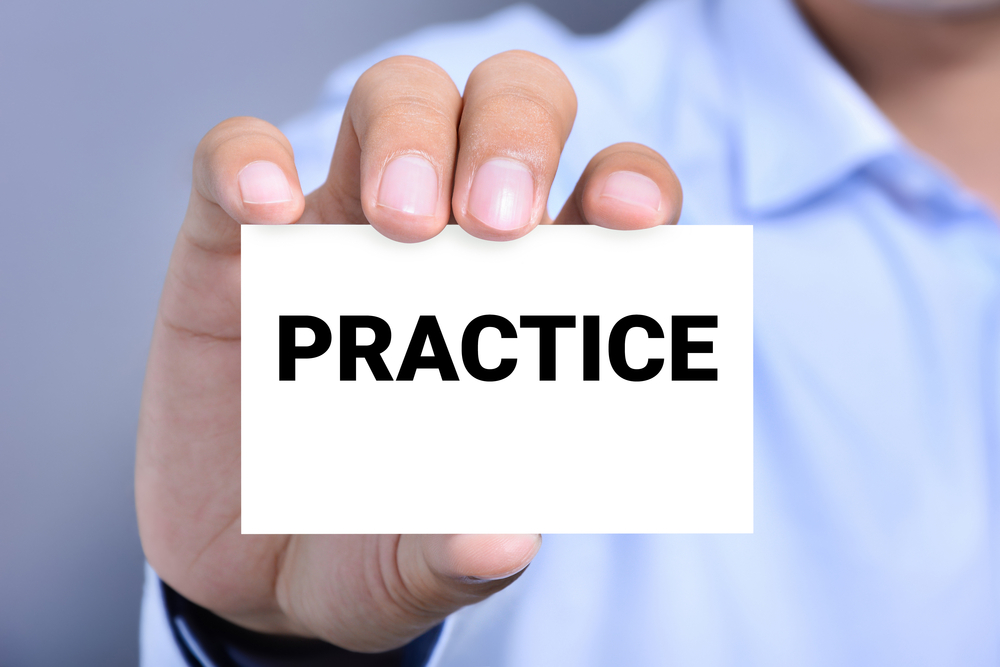You know how to write a CV that presents your best characteristics to a potential employer, but do you know how to demonstrate those traits during a focused, competency-based interview?
For most employers, particularly in skill-focused areas like retail and accountancy practice, traditional interviews aren't enough to predict the performance of a job candidate.
Consequently, many organisations are now turning to structured competency interviews, which allow them to see exactly how a potential employee would respond to real, and probable business scenarios.
Unfortunately, since competency based interviews are still quite new, you might not have much experience in tailoring your responses to suit this format. Competency questions are designed to test for certain aptitudes, such as: "Tell me about a time when you worked well in a group". The questions aren't designed to trip you up, but they can be daunting, as the interviewer wants to make sure you can perform to the level your role requires.
If you want to make the best impression, then you need to know how to nail your competency-based interview.
Step 1: Know the Competencies Your Employer is Looking For
Look for keywords and phrases. For instance, did the hiring manager ask for "good communication skills", or have they implied that you need experience with "supervising production team members?" Make a list of the skills that seem relevant and any values that your potential employer has outlined.
Even if your interviewer doesn't ask direct questions about these things, they may be looking for you to demonstrate them in your answers.
For instance, a company looking for great problem-solving skills might ask about the time you dealt with a difficult situation, colleague or customer. This gives you the perfect opportunity to highlight problem-solving skills, customer service, listening skills, and more.
Step 2: Rehearse Responses (But Stay Natural)
Once you know what your potential employer is looking for, you can start to rehearse responses to their questions. Prepare a list of things that you've done in your past work that shows you in a positive light, and demonstrate the values needed. Memorise the things you come up with, and remember to have many different examples you can share.
If you're using an example of teamwork, for instance, think about all the factors that prompted your success. For instance, did your team communicate well - and how so? Did your team have a shared goal, and were you instrumental in driving them towards it? Did you share vital information with your line manager, and ask for help when you needed it? Were you able to show initiative?
Step 3: Stay Specific with "STAR."

When preparing for a competency-based interview, it's important to remember that the questions asked will be driven by the requirements of your chosen role. When all eyes are on you, it can be difficult to stay on track and keep your mind focused on the right answers to each question. Make sure that you remain concise, and specific in your responses.
A good way to avoid missing out any details, or going off on a tangent, is to use the "STAR" formula, to structure each answer. This involves:
a. Situation: Start by addressing the context for your example, and outline why it's relevant to the question at hand.
b. Task: Describe what you were asked to do, and any challenges that came with the request.
c. Activity: Talk about what you did to get your result, and remember to mention anything that displays the core competencies the company is looking for.
d. Results: Show the outcome, what you learned from the experience and any positive benefits it had for the company.
Step 4: Focus on Making the Right Impression
While your mind may be focused on the questions in a competency-based interview, it's still important to ensure that you're making the right impression with your body language. Remember, when answering questions, you should maintain eye contact with the interviewer. If you're addressing a group of people, distribute your attention throughout the panel, focusing mainly on the person who asked you the question.
Other ways to project confidence and certainty in an interview include:
-Leaning gently towards the interviewer.
-Keeping your arms, legs, and fingers relaxed.
-Avoiding fiddling or fidgeting with anything during the interview.

Finally, as with most things, practice makes perfect. Take the time to review your CV and think about any of the additional skills you might want to outline to your prospective employer.
Once you're prepared, write some practice questions and get a friend or family member to interview you. Tell them what the employer is looking for, and answer the questions as though you're in the interview. Remember to ask for feedback, and adjust your strategies accordingly.
About First2Recruit
First2Recruit, are an owner managed recruitment consultancy providing a full recruitment service including; permanent and FTC positions in Accountancy Practice and Insolvency across the UK
Alternatively, visit www.first2recruit.co.uk or call one of their friendly team on 01722 440 168.